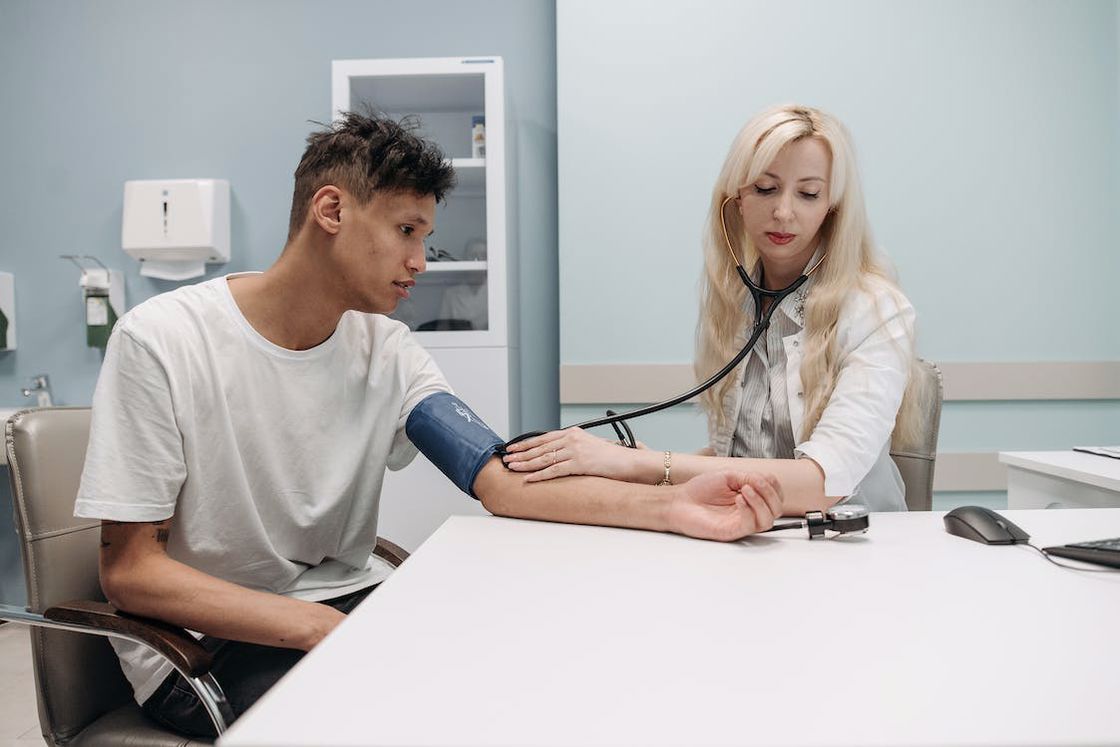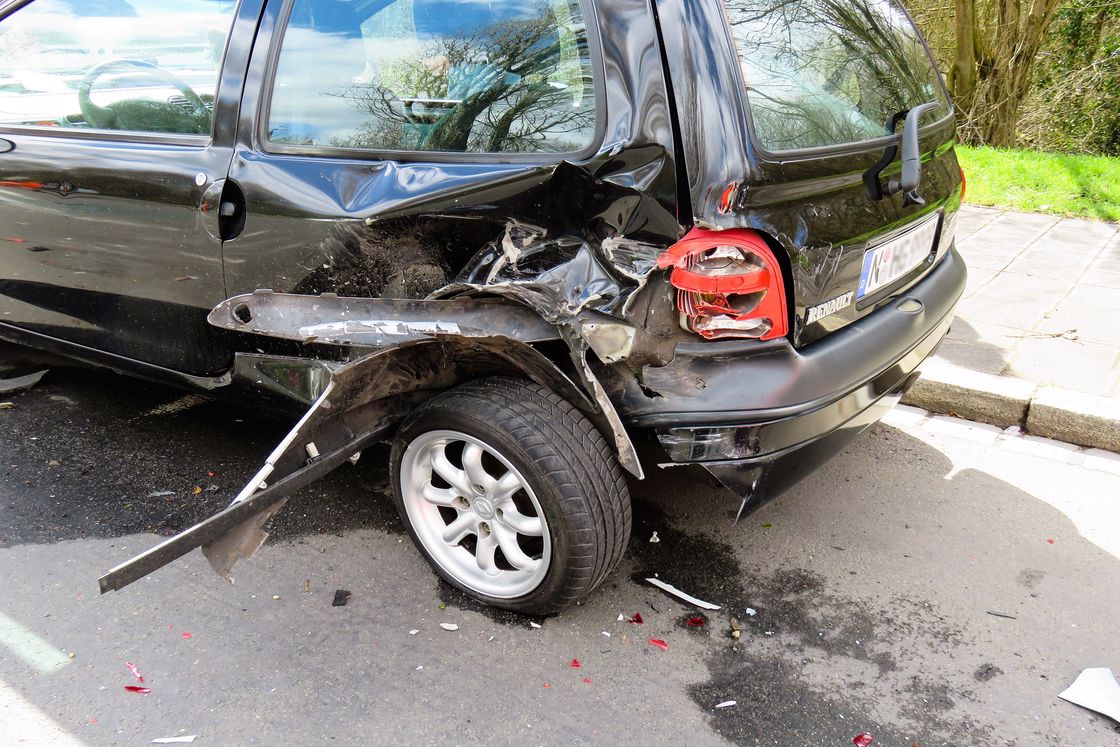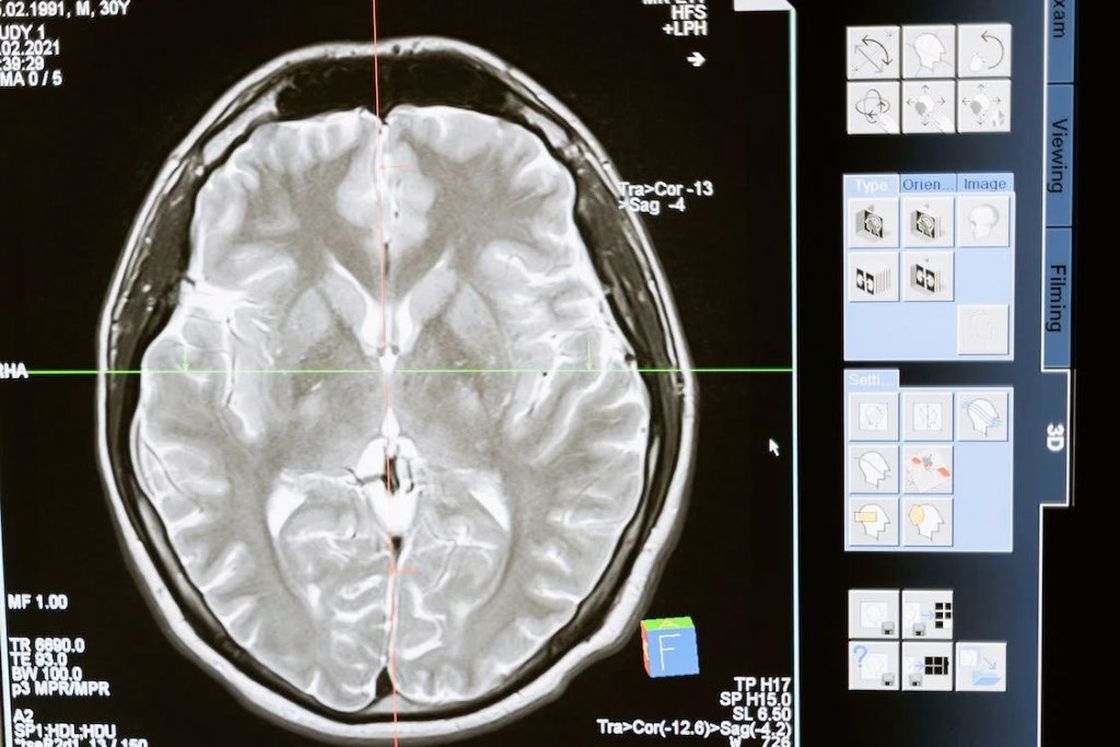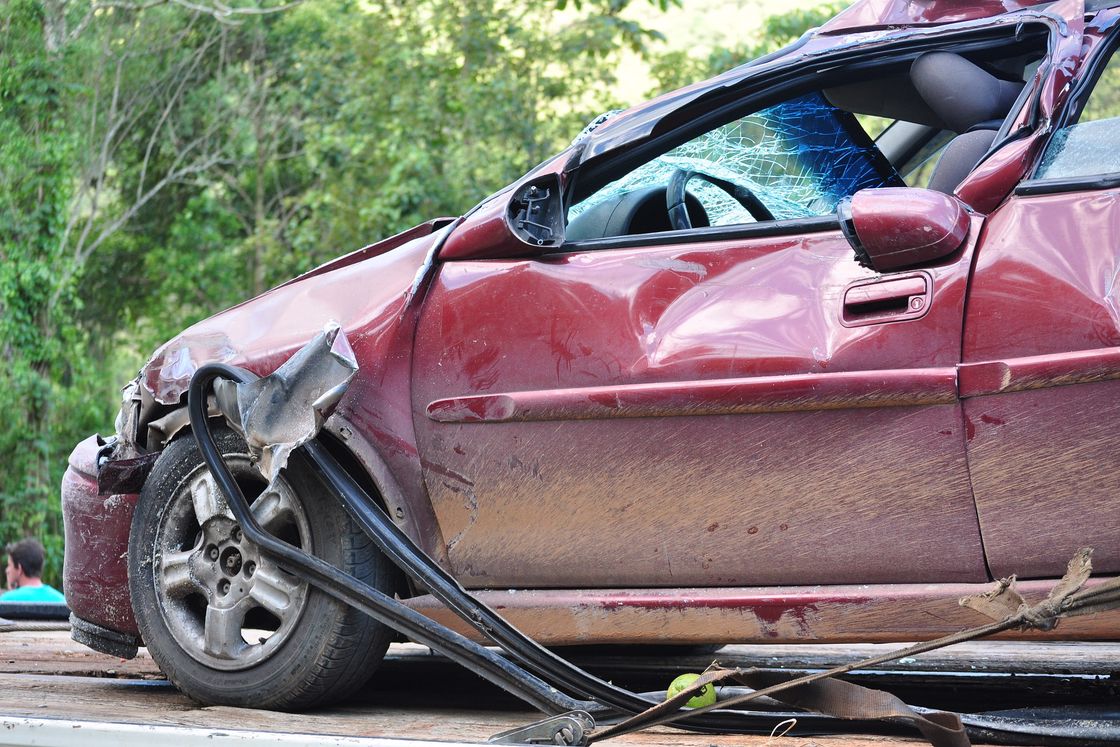After being in a car accident, choosing the wrong medical professional could leave you with undiagnosed conditions that worsen over time and potentially ruin your chances of successfully getting an insurance claim. Discover what kind of doctor to see after a car accident to protect your physical health and preserve your legal rights to get compensation for medical expenses and suffering.
What Kind of Doctor to See After a Car Accident in California?
When seeking immediate medical care following a collision, urgent care doctors, including ER or primary care doctors, can quickly assess and document your condition even if you believe your injuries aren’t severe. Serious injuries like whiplash, concussions, or internal bleeding may not present symptoms immediately yet require prompt medical care from specialists who understand trauma from vehicular accidents.
Taking immediate action after a wreck can help your pain recovery and potential personal injury claim. Our Los Angeles personal injury lawyers discuss doctors who treat car accident injuries and what to do after an accident below.
What Doctor Is Best to See After a Car Accident?
What doctor should I see following a car crash? The right doctor will depend on your injuries, affecting your recovery process.
1. Emergency Room Doctors
If you have severe or life-threatening injuries following a life-threatening car accident, then an ER doctor will likely be the first physician you see. ER doctors provide emergency care and work to stabilize and treat traumatic injuries.
2. Primary Care Physicians
If you do not see an ER doctor after the accident, make an appointment with your primary care doctor for a medical evaluation as soon as possible. Your primary care physician can assess you, run tests, and refer you to a specialist if needed.
3. Radiologists
Radiologists specialize in diagnosing and treating injuries using medical imaging tests. X-rays, a CT scan, an MRI, a PET scan, or an ultrasound can check for broken bones, soft tissue injuries, and organ injuries. The radiologist will interpret your results and provide feedback to your doctor about treatment and care.
4. Trauma Surgeons
Trauma surgeons perform emergency surgeries. A few examples of injuries that may require emergency surgery include blunt force or penetrating trauma, internal bleeding, and traumatic brain injuries.
5. Orthopedic Doctors
An orthopedic doctor specializes in treating bones, joints, ligaments, nerves, and tendons. Examples of common injuries that may require an orthopedic specialist include broken bones or bone fractures, spinal cord injuries, dislocations, whiplash, torn muscles or ligaments, neck injuries, and muscle strains or sprains.
6. Neurologists and Neurosurgeons
Neurologists and neurosurgeons specialize in treating disorders affecting the brain, spinal cord, and nervous system. After a car accident, you may need to see a neurologist to assess any head or spinal cord injuries. If necessary, a neurologist may refer you to a neurosurgeon.
Request Your Free Consultation
"*" indicates required fields
7. Burn Specialists
Car accident victims can suffer chemical burns from contact with hot oil or gas. You may see a burn specialist if you suffered first-, second-, or third-degree burns in the accident.
8. Plastic Surgeons
Plastic surgeons specialize in skin and tissue repair and reconstruction to restore function and appearance. For example, if you suffer from critical burns, scarring, or disfigurement as a result of your accident, then you may see a plastic surgeon.
9. General Surgeons
General surgeons specialize in surgery on many areas of the body. You may see a general surgeon for internal injuries or injuries not visible outside your body. Examples of internal injuries may include crushed or punctured organs, chest trauma like a punctured lung, and internal bleeding caused by blunt force trauma.
 How Much Is Your Settlement Worth?
How Much Is Your Settlement Worth?
Schedule a completely free, no obligation consultation with our team
Schedule Consultation
10. Occupational, Vocational, and Physical Therapists
Physical therapy specializes in improving physical mobility and functionality issues in patients. Occupational therapy focuses on helping patients overcome limitations that are affecting their ability to perform daily activities. In addition, vocational therapy specializes in helping people with disabilities or impairments return to the workforce.
11. Pain Management Doctors
Pain management doctors specialize in managing chronic pain resulting from car accident injuries. Consulting with pain management doctors helps you receive targeted care to alleviate pain and improve your recovery.
Why Should I Choose the Right Doctor for Car Accident Injuries?
The right doctor will provide specialized medical care tailored to your specific injuries. This can significantly impact your recovery process and guarantee proper documentation for any legal claims.
California Civil Code § 3333 allows accident victims to seek compensation for medical expenses, lost wages, and pain and suffering caused by another party’s negligence. Proper medical documentation from licensed physicians strengthens a claim by establishing a clear link between the accident and the injuries sustained, increasing the chances of fair compensation.
- Some types of injuries may not show immediate symptoms, yet still require medical care. For example, soft tissue injuries like whiplash, sprains, strains, fractures, and traumatic brain injuries (TBIs) may take hours or days to appear.
- Have you suffered serious injuries due to someone else’s negligence or gross negligence? You may recover compensation for your damages through a car accident claim. Compensation can help you pay for pain and suffering, medical bills, future expenses, and lost wages.
- Medical records are evidence for your car accident claim. The longer you go without seeing a doctor, the harder it will be to establish the link between your injuries and the crash. The insurance company may also claim that your injuries did not occur due to the accident and deny your claim.
How Soon Should You See a Doctor After a Car Accident?
In the event of a serious car crash, you should call or have someone else call 9-1-1 if you see any visible injuries, such as broken bones, deep wounds, heavy bleeding, or burns. Request a doctor immediately. If emergency responders assess you with critical injuries, they will take you to the emergency room for prompt medical care.
Go to the ER if you feel any of the following immediate symptoms:
- Trouble breathing
- Chest pain or pressure
- Sudden head pain or headache
- Severe pain anywhere on your body
- Loss of feeling in a part of your body
- Loss of movement in a part of your body
- Confusion
- Dizziness or weakness
What Happens if My Doctor Sends Me to a Specialist for Medical Treatment?
Depending on your injuries, your doctor may refer you to one or more specialists for tests, treatment, and follow-up care. You may get referred to a specialist for a variety of reasons:
- Your doctor wants to run specific tests
- Your doctor wants to rule out medical conditions
- Your injuries are specific to one area of your body and need expert care
- You need surgery
The specialist will evaluate you and provide your doctor with their findings and recommendations. Your doctor will use the specialist’s findings and recommendations to determine your treatment plan.
What Should I Do Right After a Car Accident for My Injuries?
Concerning any injuries and your health after a car accident, auto accident victims should follow these steps:
1. Call 9-1-1 and Request an Ambulance
After a car wreck, you should check yourself for any visible injuries before trying to help others or getting out of the vehicle. If you, a passenger, or another party is injured, call 9-1-1 and request an ambulance.
Under California Vehicle Code § 16000, drivers involved in a car accident resulting in injury, death, or property damage exceeding $1,000 must report the accident to the California Department of Motor Vehicles (DMV) within 10 days. Seeking immediate medical attention also helps fulfill reporting requirements, as medical records serve as evidence of injuries sustained in the crash.
2. Do Not Make a Statement About Your Health
At the accident scene, emergency responders may ask how you feel and whether you have injuries. If you do not have visible injuries and believe you are okay, do not deny that you have injuries. Instead, tell the officer or emergency responder you need a medical evaluation.
3. Seek Medical Attention After an Accident
Even if you believe you have no or only minor injuries, you should seek immediate medical attention after an auto accident. Make sure you do not have dormant injuries that may worsen if left untreated. Adrenaline increases your pain tolerance and could mask injuries.
4. Continue to Seek Medical Care and Follow Treatment Plans
Continue to seek medical attention as long as your symptoms persist. Do not miss medical appointments and follow your doctor’s treatment plan. Inconsistent treatment gives the impression that your injuries may not be as bad as you claim and gives the insurance company a reason to devalue your claim.
5. Contact a Personal Injury Lawyer
Contact a personal injury lawyer immediately after a car accident to understand your rights and navigate the complex process of filing an insurance claim, especially if you’ve sustained serious injuries. Take advantage of the free consultation with our personal injury lawyer to explore legal options to increase your chances of receiving fair compensation for medical expenses, lost wages, and pain and suffering.
 Related Questions
Related Questions
Which Doctor Is Best for Accident Injuries?
ER doctors and primary care physicians are among the best doctors to consult for car accident injuries. For severe injuries, especially those involving traumatic brain injuries, the best doctor is a trauma specialist or neurologist who can provide comprehensive assessment and treatment.
Should I Go to the Doctor After a Minor Car Accident?
Seek immediate medical care even after a minor car accident. Many car accident injuries can develop symptoms hours or days later when damage might already be progressing.
When Is It Too Late to Go to the Doctor After a Car Accident?
It’s never truly too late to seek medical treatment after a car accident. However, waiting longer than 72 hours can compromise your nervous system recovery and potentially impact your personal injury claim.
How to Find a Doctor After an Auto Accident?
To find a car accident doctor, ask for referrals from your physician or insurance company. Look for specialists like orthopedists, neurologists, or pain management doctors who have experience with accident-related injuries.
What Should I Say to the Doctor After a Car Accident?
When speaking to your doctor after an accident, clearly describe symptoms, the accident details, and when symptoms appeared. Emphasize your need for immediate medical attention and ask whether physical therapy might be appropriate for your recovery.
What to Do if Your Primary Care Physician Refuses to See You?
If your primary care doctor refuses to see you for severe injuries after an accident, request a written referral to a medical doctor or urgent care center specializing in accident-related injuries. Additionally, contact your insurance company for alternative providers.
Should I Go to a Doctor or Chiropractor After a Car Accident?
It’s generally recommended to see a medical doctor first after a vehicle accident to assess for any serious injuries. A doctor can then provide a diagnosis and recommend the appropriate course of treatment, which may include a referral to a chiropractor for musculoskeletal issues focusing on spinal alignment and pain reduction.
Contact Our Los Angeles Personal Injury Attorneys Today
Knowing exactly what kind of doctor to see after a road crash can help you recover more effectively while creating the medical documentation needed by an accident attorney. After taking prompt action to seek treatment for your car accident injuries, our Los Angeles personal injury attorneys can discuss your unique condition and determine your best legal options.

Allen Vaysberg practices personal injury law and works tirelessly to defeat the tactics of insurance companies and large corporations who try to deny justice and fair compensation to injured people.



 Related Questions
Related Questions